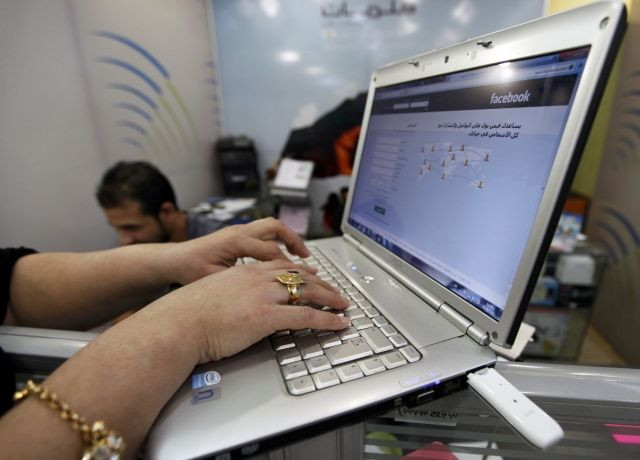US Rejects Telecommunications Treaty Citing Threat To Open Internet

The U.S., Canada and the UK have refused to sign a U.N. treaty under consideration at the global telecommunications conference in Dubai saying that its provisions posed a threat to the “open Internet.”
"It's with a heavy heart and a sense of missed opportunities that the U.S. must communicate that it's not able to sign the agreement in the current form," Terry Kramer, the U.S. representative to the World Conference on International Telecommunications (WCIT), said Thursday.
Russia, China and Saudi Arabia were among the nations pushing to restructure the governance of the Internet and place it under state control with authorization for extensive surveillance and censorship.
They had proposed that all member nations of the U.N. shall have “equal rights to manage the Internet” and wanted this stated in an international telecommunications treaty.
The 12-day conference, seeking to update telecommunications codes last reviewed when the Web was in its nascent stage, began Monday last week with worries that it would turn out to be a battlefield for opposing sides to argue over new Internet regulation proposals.
The 123-member U.S. congregation, with envoys from technology firms including Google and Microsoft, had earlier expressed concern that potential security oversights could be exploited by nations, including Russia and China, in stepping up censorship and crushing dissent.
The agenda for the gathering of more than 1,900 participants from 193 nations has possible new rules for a broad range of services such as the Internet, mobile roaming fees and satellite and fixed-line communications, according to an Associated Press report.
A message on the main search page of Google with a link for comments directed to the Dubai conference said: "Love the free and open Internet? Tell the world's governments to keep it that way.”
On Wednesday night, Mohamed Nasser al-Ghanim, the conference chairman and director general of the Telecommunications Regulation Authority of the UAE, inserted in the treaty a resolution that dealt with the Internet.
The U.S. and its supporters say that the resolution is phrased in such a way as to support the move to bring the Internet under the regulatory framework of the telecommunication union.
The Internet is currently overseen by a loose grouping of organizations, mostly in the private sector, rather than by governments. In the current system, the Internet Assigned Numbers Authority (IANA) — the body responsible for regulating the Internet's address system — is managed by the U.S. Department of Commerce.
"The internet has given the world unimaginable economic and social benefit during these past 24 years,” Kramer stated. Though the proposed agreement was not set to take effect until 2015 and was “normative” and not legally binding, he said the U.S. and its supporters wouldn't approve a significant threat to the “open Internet,” the New York Times reported.
But ITU Secretary General Hamadoun I. Toure rejected the U.S. argument against the treaty saying it did not cover content issues and “explicitly states in the first article that content-related issues are not covered by the treaty,” a Washington Post report said.
A vote on the treaty will take place Friday and if there is enough consensus to proceed, the countries that agree with the provisions will sign the treaty.
© Copyright IBTimes 2024. All rights reserved.






















